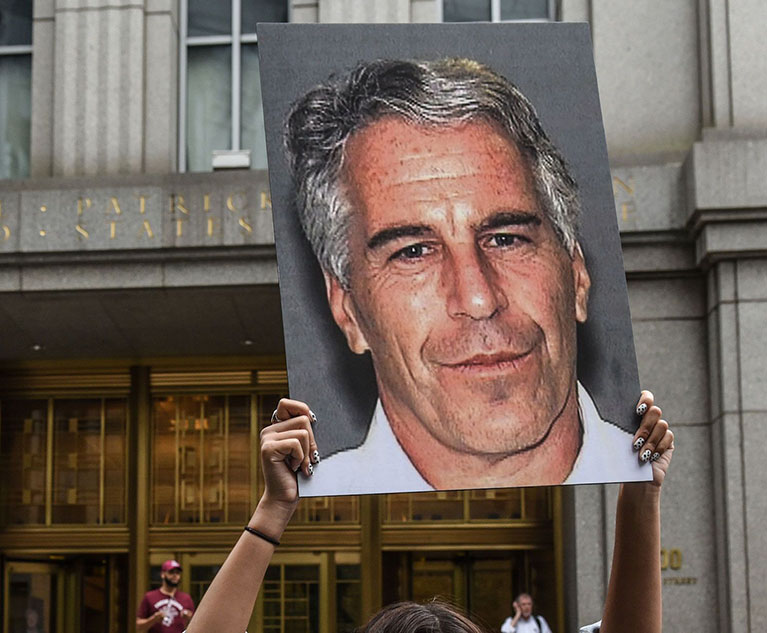After explosive growth in the number of American with Disabilities Act website-accessibility lawsuits launched in 2018, it appears that the once-rising tide of litigation has leveled off, according to Am Law 100 firm Seyfarth Shaw.
In 2019, there were 2,256 ADA website-accessibility lawsuits filed in the nation’s federal courts, as compared with just two more (2,258) in 2018, according to Seyfarth labor and employment partners Minh Vu and Kristina Launey, who keep a tally of various ADA suits lodged by the federal courts and who blog about their findings.


 Americans with Disabilities Act/Creator: designer491/Shutterstock.com
Americans with Disabilities Act/Creator: designer491/Shutterstock.com





